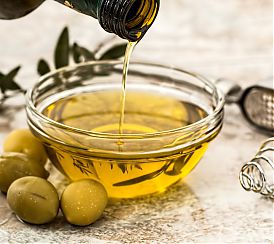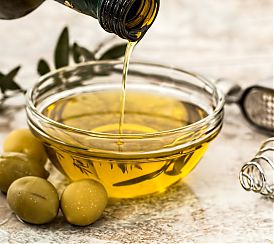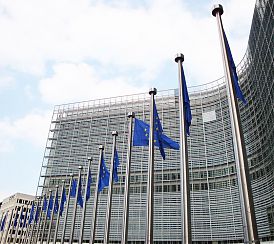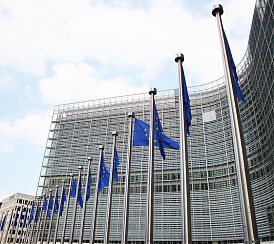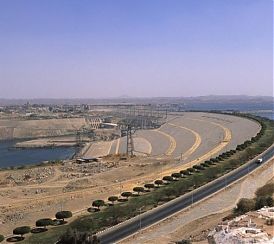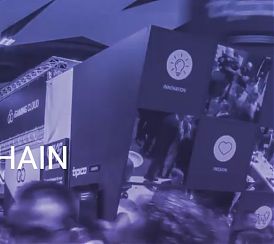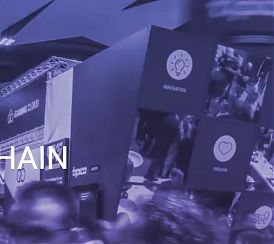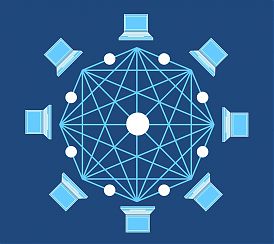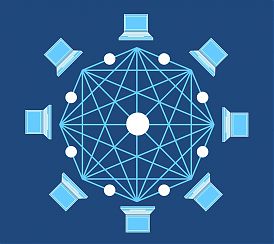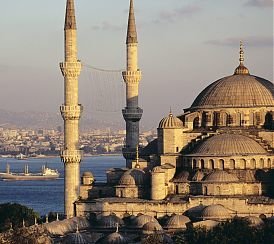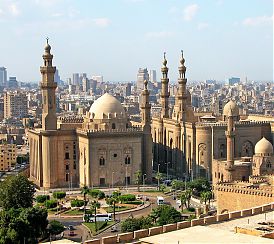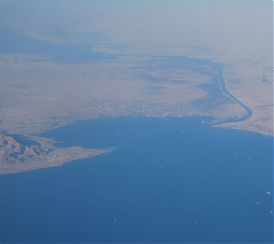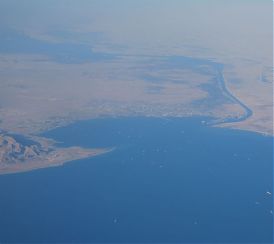ISRAEL, USD 60 MILLION FOR INVESTMENTS IN ANGOLA
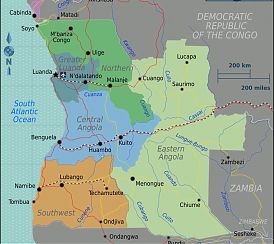
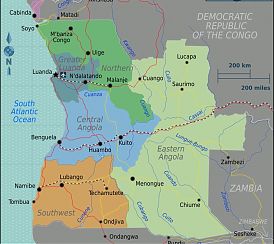
The State of Israel has 60 million US dollars to invest in various sectors in Angola, in particular in the construction of a solar power plant in the province of Benguela, to fill the local deficit in terms of production and distribution. This information was released in Benguela by the ambassador in Angola, Oren Rosenblat, speaking to the press, after a courtesy meeting with the governor of the province, Rui Falcão, underlining that the construction of this plant comes in response to a request from local authorities. According to Oren Rosenblat, the province of Benguela experiences irregularities in the production and distribution of electricity, for the development of this part of the country, in particular its industrial park, hence the realization of the solar power plant initiative, in the near future.
As mentioned, the infrastructure, with a capacity to produce 50 megawatts, will be built by Israeli entrepreneurs, as part of a project that the state has developed over the last five years for the sustainable growth of African countries, especially in remote locations and for populations that do not have energy from the national network. On the other hand, he stressed that Israel’s priority in Benguela essentially lies in the agricultural sector, since the 10 municipalities in the province have excellent areas for agriculture.
“Our primary objective is to contribute to the expansion of the agricultural sector, through technical exchange, taking into account the great agricultural potential of the region, whose foundations are based on family farming, to encourage the participation of the private sector in feasible projects outlined by the government, due to the scarcity of financial resources, “he said.
Incidentally, he reported that the State of Israel has already invested USD 300 million in the agro-livestock sector in Angola, since 2014.
“We want to establish cooperation with the Government of Benguela in agriculture and energy, such as those already established in different provinces, where farms built by Israel are successfully advancing, thus ensuring food security in those areas,” he said. Asked about the importance of the Lobito Corridor, he said that its development necessarily implies an increase in the volume of internal investments. From his point of view, in the African continent there is a problem since “entrepreneurs prefer to invest outside their countries”, he said.
For Oren Rosenblat, the increase in investments in the Lobito Corridor is crucial for the future of the economies of Angola, the Democratic Republic of the Congo and Zambia, a process where the Benguela Railway will play a leading role.
(ITALPRESS/MNA).
Source: medNews

